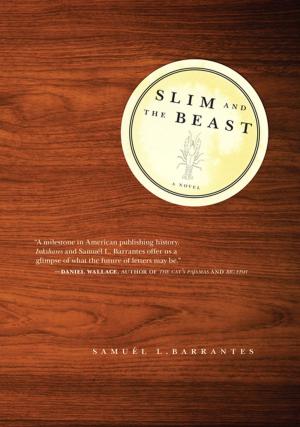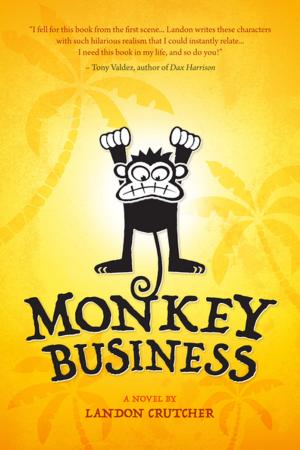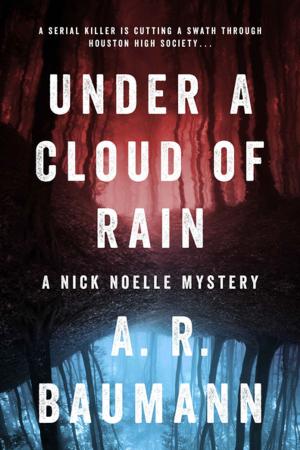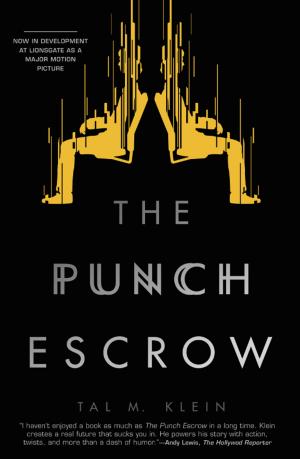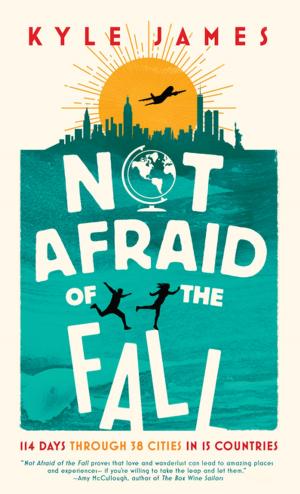The Haida Gwaii Lesson
A Strategic Playbook for Indigenous Sovereignty
Nonfiction, Social & Cultural Studies, Social Science, Anthropology| Author: | Mark Dowie | ISBN: | 9781942645566 |
| Publisher: | Inkshares | Publication: | August 15, 2017 |
| Imprint: | Inkshares | Language: | English |
| Author: | Mark Dowie |
| ISBN: | 9781942645566 |
| Publisher: | Inkshares |
| Publication: | August 15, 2017 |
| Imprint: | Inkshares |
| Language: | English |
In The Haida Gwaii Lesson, former University of California journalism professor and Mother Jones editor Mark Dowie shares the story of the Haida people, relating their struggle for sovereignty and title over their ancient homeland as a strategic playbook for other indigenous peoples.
For over 10,000 years, the Haida people thrived on a rugged and fecund archipelago south of Alaska, which they called Haida Gwaii. Nicknamed "the Galapagos of the North," the islands are blessed with a diversity of species unmatched in the northern hemisphere. As western Canada was settled by Europeans, the pressure on natural resources spread with the growing population and its demand for fur, fish, minerals and lumber. Industries found their way to the coastal islands, where they ignored native tribes and commenced what has become one the Pacific coast's most monstrous natural resource extraction campaigns.
After almost a century of non-stop exploitation, the Haida people said "enough" and began to resist. Their audacious four-decade struggle involving the courts, human blockades, public testimony and the media became a living object lesson for communities in the same situation the world over.
For over 10,000 years, the Haida people thrived on a rugged and fecund archipelago south of Alaska, which they called Haida Gwaii. Nicknamed "the Galapagos of the North," the islands are blessed with a diversity of species unmatched in the northern hemisphere. As western Canada was settled by Europeans, the pressure on natural resources spread with the growing population and its demand for fur, fish, minerals and lumber. Industries found their way to the coastal islands, where they ignored native tribes and commenced what has become one the Pacific coast's most monstrous natural resource extraction campaigns.
After almost a century of non-stop exploitation, the Haida people said "enough" and began to resist. Their audacious four-decade struggle involving the courts, human blockades, public testimony and the media became a living object lesson for communities in the same situation the world over.
In The Haida Gwaii Lesson, former University of California journalism professor and Mother Jones editor Mark Dowie shares the story of the Haida people, relating their struggle for sovereignty and title over their ancient homeland as a strategic playbook for other indigenous peoples.
For over 10,000 years, the Haida people thrived on a rugged and fecund archipelago south of Alaska, which they called Haida Gwaii. Nicknamed "the Galapagos of the North," the islands are blessed with a diversity of species unmatched in the northern hemisphere. As western Canada was settled by Europeans, the pressure on natural resources spread with the growing population and its demand for fur, fish, minerals and lumber. Industries found their way to the coastal islands, where they ignored native tribes and commenced what has become one the Pacific coast's most monstrous natural resource extraction campaigns.
After almost a century of non-stop exploitation, the Haida people said "enough" and began to resist. Their audacious four-decade struggle involving the courts, human blockades, public testimony and the media became a living object lesson for communities in the same situation the world over.
For over 10,000 years, the Haida people thrived on a rugged and fecund archipelago south of Alaska, which they called Haida Gwaii. Nicknamed "the Galapagos of the North," the islands are blessed with a diversity of species unmatched in the northern hemisphere. As western Canada was settled by Europeans, the pressure on natural resources spread with the growing population and its demand for fur, fish, minerals and lumber. Industries found their way to the coastal islands, where they ignored native tribes and commenced what has become one the Pacific coast's most monstrous natural resource extraction campaigns.
After almost a century of non-stop exploitation, the Haida people said "enough" and began to resist. Their audacious four-decade struggle involving the courts, human blockades, public testimony and the media became a living object lesson for communities in the same situation the world over.





